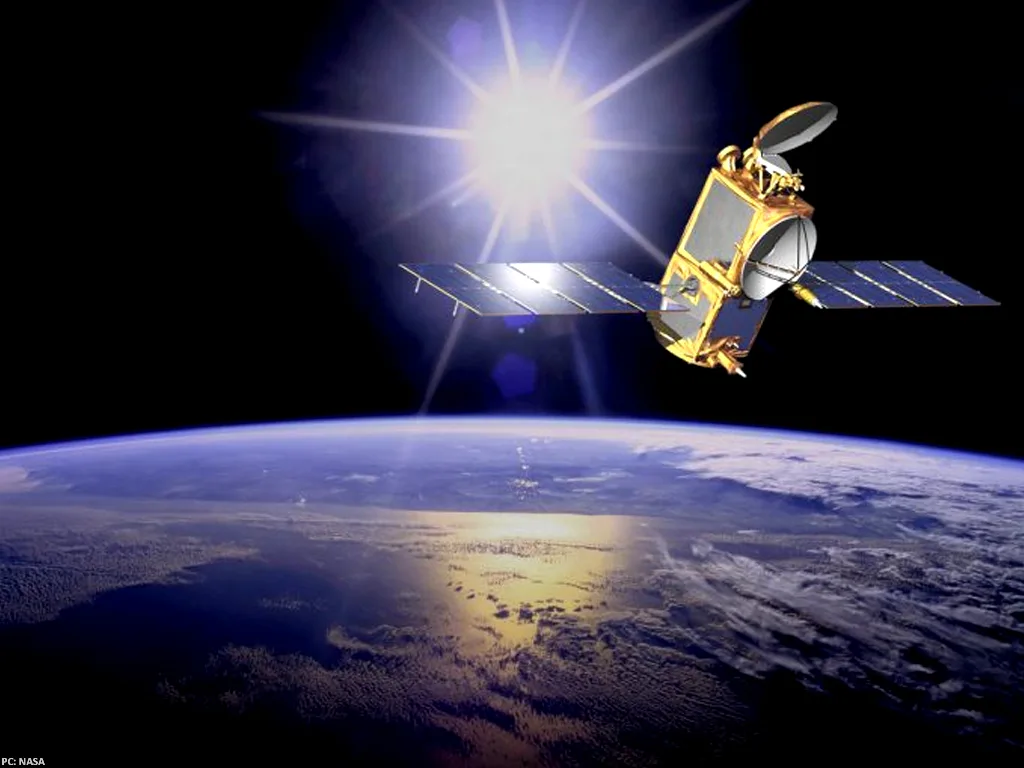Pakistan’s latest state-of-the-art communication satellite, MM1, is scheduled for launch on Thursday, May 30, as reported by Radio Pakistan. This follows the successful deployment of the ICUBE-Qamar satellite.
Named PAKSAT MM1, this satellite will be launched from the Xichang Satellite Launch Center (XSLC) in China. According to the state-run broadcaster, the SUPARCO MM1 satellite is the culmination of extensive efforts by Pakistani scientists and engineers, designed to address the nation’s expanding needs for communication and connectivity.
SUPARCO officials highlighted that this satellite will significantly advance Pakistan’s digital capabilities, particularly by providing internet access to remote regions. Project Director PakSat MM1, M Imran, expressed excitement about the launch, emphasizing its potential impact.
Equipped with cutting-edge communication technologies, PakSat MM1 is set to play a critical role in Pakistan’s socio-economic development and aid in the nation’s transformation into a “Digital Pakistan.” The launch will be broadcast live from SUPARCO’s Islamabad and Karachi establishments.
PakSat MM1 is anticipated to enhance the country’s communication network, meeting the telecom sector’s increasing demands. Its advanced features will facilitate high-speed internet and seamless connectivity. SUPARCO stated that the high-power multi-mission satellite will deliver communication services across C, Ku, Ka Bands, and SBAS services in L Band.
Project Manager MM-1, Usman Iftikhar, noted that the satellite aims to bolster Pakistan’s communication infrastructure, expand connectivity, and support initiatives like tele-education, e-health, e-governance, and e-commerce, steering the nation towards becoming a digital powerhouse.
He emphasized the importance of robust communication infrastructure for national development and its role in connecting remote areas. The satellite will be positioned in Geostationary Orbit.
Earlier this month, Pakistan’s landmark lunar mission, ICUBE-Q, was launched on May 3 aboard China’s Chang’E6 from Hainan, China. This mission marked Pakistan’s first venture into lunar exploration, representing a significant milestone in the country’s space endeavors.
The ICUBE-Qamar satellite was developed collaboratively by the Institute of Space Technology (IST), China’s Shanghai University SJTU, and SUPARCO. Weighing approximately 7 kg, it was created by IST’s Electrical Engineering Department in Islamabad. The satellite successfully transmitted its initial images from lunar orbit, offering a unique view of the moon’s surface.


